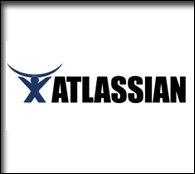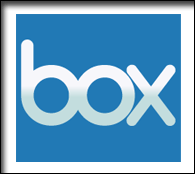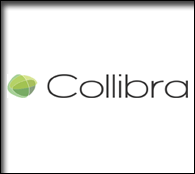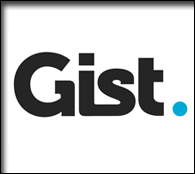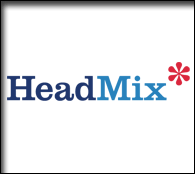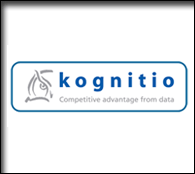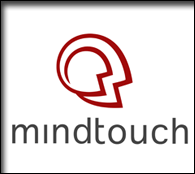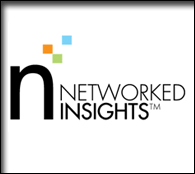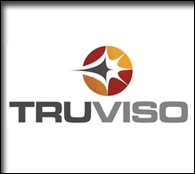Understanding the human IT cycle
by Eric Norlin on Oct.06, 2009, under Uncategorized
I’m a big believer in cycles - including ones in the world of technology, and especially when it comes to IT in the enterprise.
It seems to me that the last enterprise IT cycle- which I’d peg as running from roughly 2001 through 2008 — has a pretty clear story arc: automation. Spurred on largely by things like Sarbannes-Oxley, the great majority of enterprise IT software sought to “automate” business processes, which is to say it sought to *remove* humans from the process.
The automation cycle did not result in a productivity surge (as you would’ve thought it might), as much of it was having to deal with new regulation. However, large segments of the automation cycle (CRM, Authentication, etc) did result in an increase in efficiency or a reducing of costs.
Similarly, I think we’re now entering a new enterprise IT cycle — running roughly from 2008 through 2015 — that also has a pretty clear story arc. However, whereas the last cycle sought to remove humans from the business process (via automation), this cycle is seeking to *leverage* (and reinsert) humans in the business process.
As with all cycles, the story arc is simple, but incredibly powerful. The idea that IT is going to spend the next seven years figuring out how to truly leverage the human aspect of business processes opens up a HUGE opportunity (for both vendors and enterprises). That opportunity spans customer-facing segments of the business (social media), employee facing segments of the business (enterprise 2.0), and partner-facing segments of the business (we have no “term” here yet). And it builds upon topics like the semantic web, identity, community, messaging, conversations, discovery, data management, the open web, and enabling infrastructure.
Sidenote: I *know* some folks are going to argue the cloud computing is actually the trend for the next seven year cycle. I don’t disagree. I actually think that “the cloud” and “the human leverage” cycles are running in parallel, and part of a “meta-cycle” in IT that we haven’t properly named yet (but is all focused around the productivity surge that our current economic cycle is emboldening).
What does all of this mean? That if you’re in enterprise IT, you’ll need to do a couple of things to be prepared:
1. Think strategically. Don’t get bogged down in the trenches. Sure, you need well-defined projects with clear ROI. Yes, the devil is in the details. But isn’t that obvious? The “non-obvious” - namely, the strategically motivated curves in the coming road are what you need to get ahead of. Driving the car well does you no good if you’re driving it off the road.
2. Don’t get lost in the terminology. We can go back and forth on what all of this is called, what’s a crock, what’s not, etc. Move past that. What you want to focus on are meta-frameworks; big picture tools that can help you place all of *your* specific needs into the right prioritization. That has nothing to do with terminology -which always subjugates *your* needs to some pundit’s buzzwords- and everything to do with a deep and comprehensive understanding of the tectonic plates moving beneath you.
3. Focus on Innovation. The innovator’s dilemma made this point abundantly clear: if you depend solely on vendors to point the way, you will end up creating a destructive echo chamber (as they’re most likely depending on you). What you *need* to focus on is innovation. The little-heard idea. The entrepreneur that might never succeed, but can spur a thought in you that opens up a new direction. The conversations and networking opportunities that are *built* to see around corners.
Having said all of that, take a look at the defrag agenda. And keep in mind, it’s not done yet.
Defrag will move you out in front of the waves of this IT cycle. It will keep you ahead of your peers (by the very nature of Defrag’s intimate nature). And it will be one of the most valuable experiences you’ll have as you move toward planning for 2010.
Don’t miss out - use the code “ejn1″ to receive 10% off of the registration price - and register to join us today.
